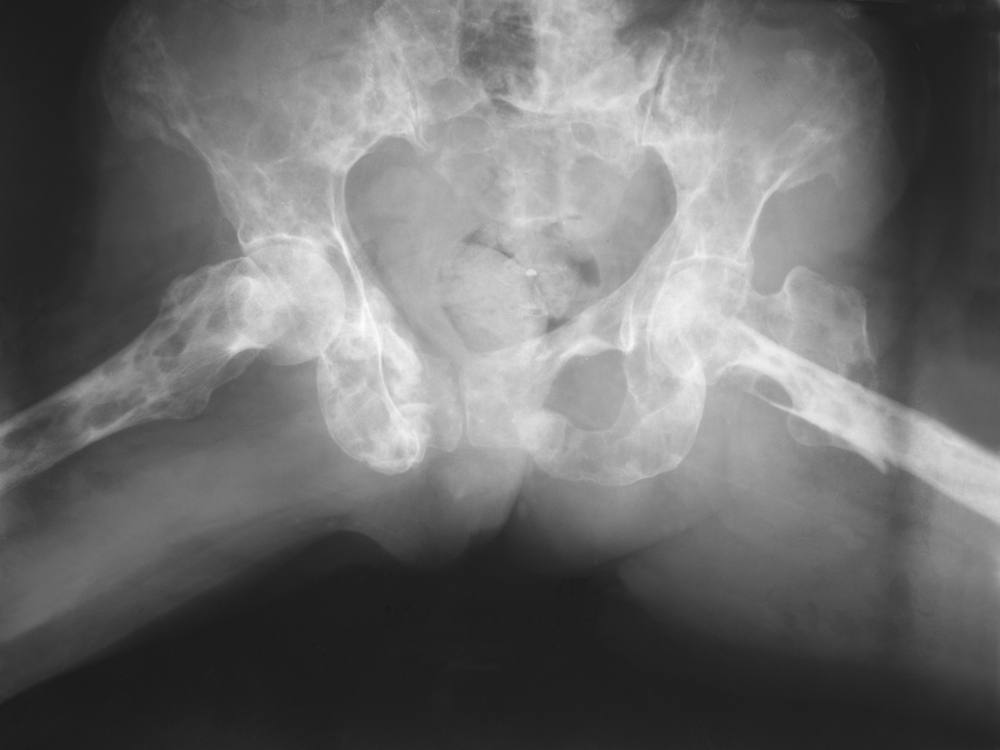-
Cancer
Patients with blood cancer precursor at risk of developing cancer even after 30 years

ROCHESTER, Minn. — Patients with monoclonal gammopathy of undetermined significance are at risk of progressing to multiple myeloma or a related cancer ─ even after 30 years of stability. These are the findings of a study by Mayo Clinic researchers published in the Wednesday, Jan. 17, issue of the New England Journal of Medicine. Monoclonal gammopathy of undetermined significance is a condition in which an abnormal protein, known as monoclonal protein, is found in the blood. Monoclonal gammopathy of undetermined significance usually causes no problems but may develop, over time, into multiple myeloma ─ a form of blood cancer.
“Monoclonal gammopathy of undetermined significance is present in more than 3 percent of the general population age 50 and older,” says S. Vincent Rajkumar, M.D., a hematologist at Mayo Clinic and senior author of the study. “In some cases, people with monoclonal gammopathy of undetermined significance go on to develop multiple myeloma.”
In their study, Dr. Rajkumar and his colleagues found that the overall risk of progression to myeloma or a related disorder is relatively small at 1 percent each year; however, the risk persists indefinitely. Researchers also noted that risk of myeloma or related cancer was relatively small, compared to other general causes of death. As a result, they recommend that patients who are followed for monoclonal gammopathy of undetermined significance not only be checked for presence or absence of progression, but also receive all other routine preventive services appropriate for patients as they age.
“We also found that patients with monoclonal gammopathy of undetermined significance had shorter survival than comparable people without the condition,” says Dr. Rajkumar, which raises the possibility there may be other disorders associated with monoclonal gammopathy of undetermined significance that still need further study.”
Researchers studied 1,384 patients with two major types of monoclonal gammopathy of undetermined significance: IgM monoclonal gammopathy of undetermined significance and non-IgM monoclonal gammopathy of undetermined significance, and associated risk factors health professional use to counsel patients.
###
About Mayo Clinic Cancer Center
As a leading institution funded by the National Cancer Institute, Mayo Clinic Cancer Center conducts basic, clinical and population science research, translating discoveries into improved methods for prevention, diagnosis, prognosis and therapy. For information on cancer clinical trials, call the Clinical Trial Referral Office at 1-855-776-0015 (toll-free).
About Mayo Clinic
Mayo Clinic is a nonprofit organization committed to clinical practice, education and research, providing expert, comprehensive care to everyone who needs healing. Learn more about Mayo Clinic. Visit the Mayo Clinic News Network.
Media contact:
- Joe Dangor, Mayo Clinic Public Affairs, 507-284-5005, newsbureau@mayo.edu







